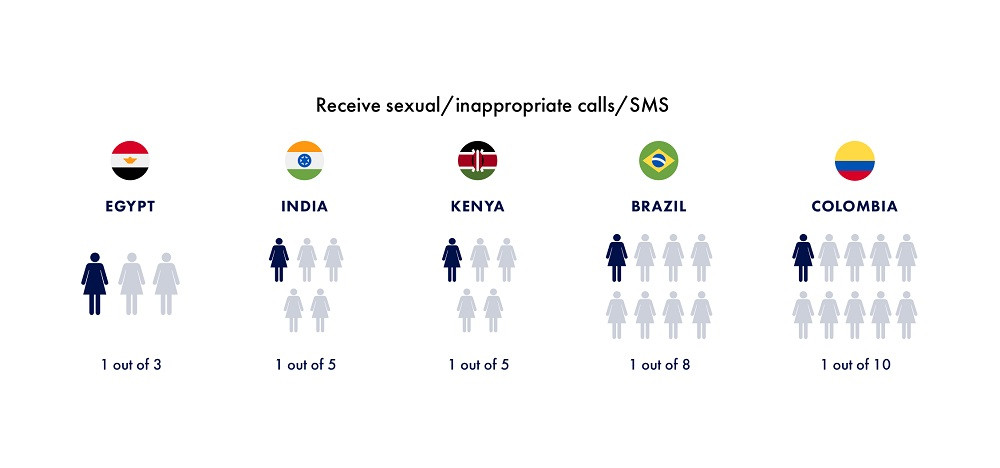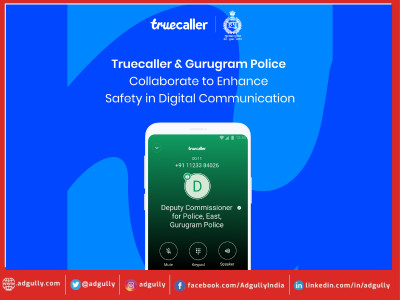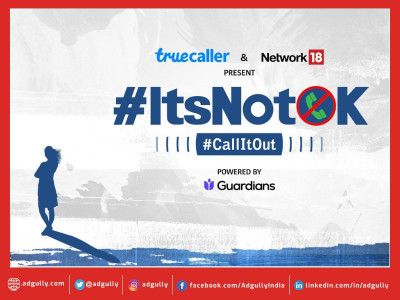Truecaller launches nationwide campaign #MakeTheCall
Truecaller today launched a nationwide campaign #MakeTheCall, urging women to take action against phone call/SMS harassment. Alongside the campaign, Truecaller released the third edition of its insight-led report ‘Understanding the impact of harassment calls & SMS for women in India’ which revealed that 8 out of 10 women in India have faced phone harassment and nuisance calls through calls and SMS messages.
Commenting on the report and campaign, Truecaller Managing Director Sandeep Patil said: "We see a worrying trend of an increase in sexual harassment for women through calls and SMS. Normalizing harassment has a devastating effect on the victims. Our campaign is building a community of people who are on a mission to encourage women to #MakeTheCall and to take action against such harassment by reporting it to the relevant authorities. Truecaller stands against women’s harassment in any and all forms”.
In India, 1 out of 5 women receive sexual and inappropriate calls, however, India has the highest rate of women taking action against harassment calls/SMS among the countries we surveyed (Kenya, Columbia, Brazil & Egypt). It has also been noted that women in India share their number as a common practice, especially when recharging their phone at a store, visiting restaurants, shopping, entering contests and filling in logbooks.
When it comes to taking action against phone harassment, 85% of women in India blocked the number. 45% called their operator for help and 45% tried searching for the number. What’s most concerning is that 44% of women chose to ignore it and an even lower 12% reported the number to authorities.
Key findings from the report for India:
Despite it being common for women to receive sexual or inappropriate calls and SMS, there’s a concerning low percentage of women who think these types of calls constitute harassment. 58% of the women polled in India consider received sexual harassment calls/SMS as harassment in comparison to 17% in Colombia, 8.3% in Brazil, 35% in Egypt, and 11% in Kenya. From all the counties polled, Indian women were significantly more aware of phone harassment.
Only about 4% of all the sexual harassment calls/SMS are from known acquaintances. 76% were from unknown sources.
67% of women in India reported irritation with these calls, 60% anger, 29% of them were worried, 29% were troubled and 21% reported feeling fear.
Women in metro areas are the most affected by sexual harassment calls/SMS.
The most affected cities in India are:
- Chennai
- New Delhi
- Pune
- Kolkata
Close to 2 out of 3 women in India take action against harassment calls, which is the highest rate of women taking action against harassment calls in comparison to other countries surveyed. 85% of them blocked the number but only 12% of them reported the number to the authorities.




















Share
Facebook
YouTube
Tweet
Twitter
LinkedIn